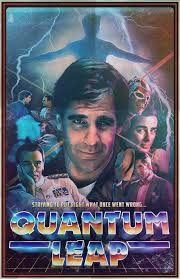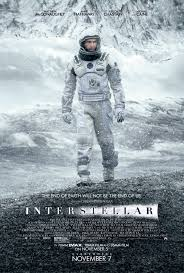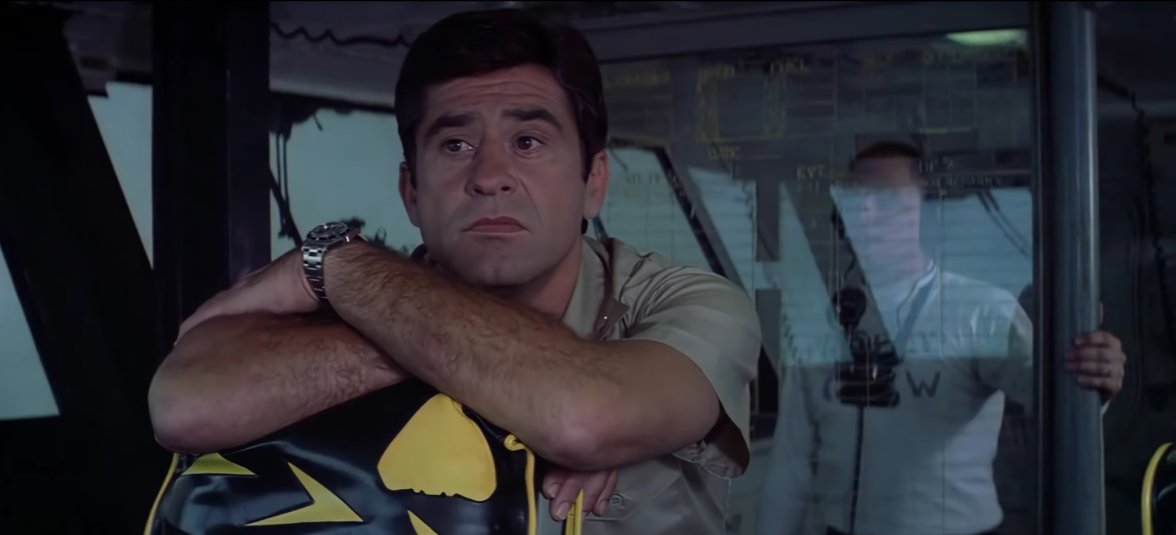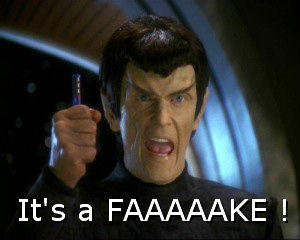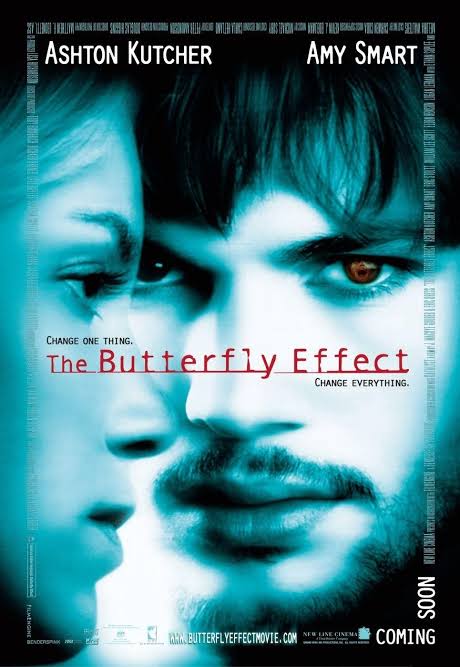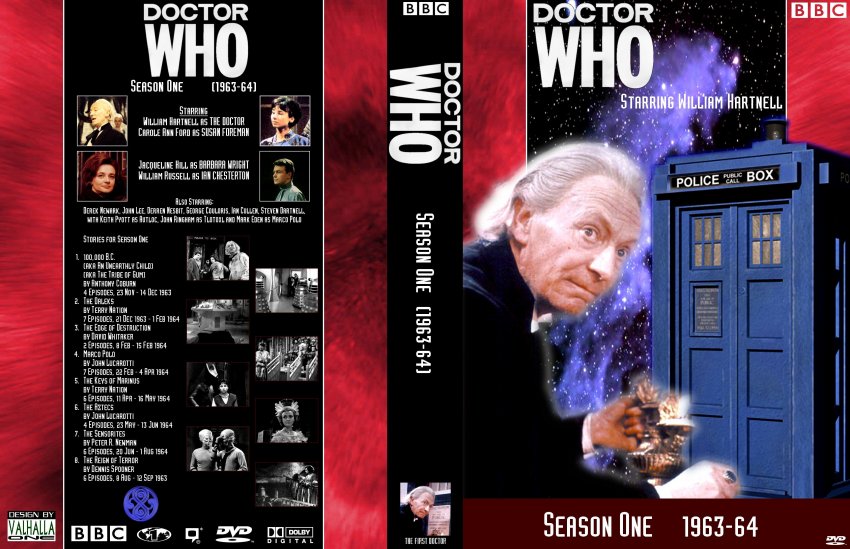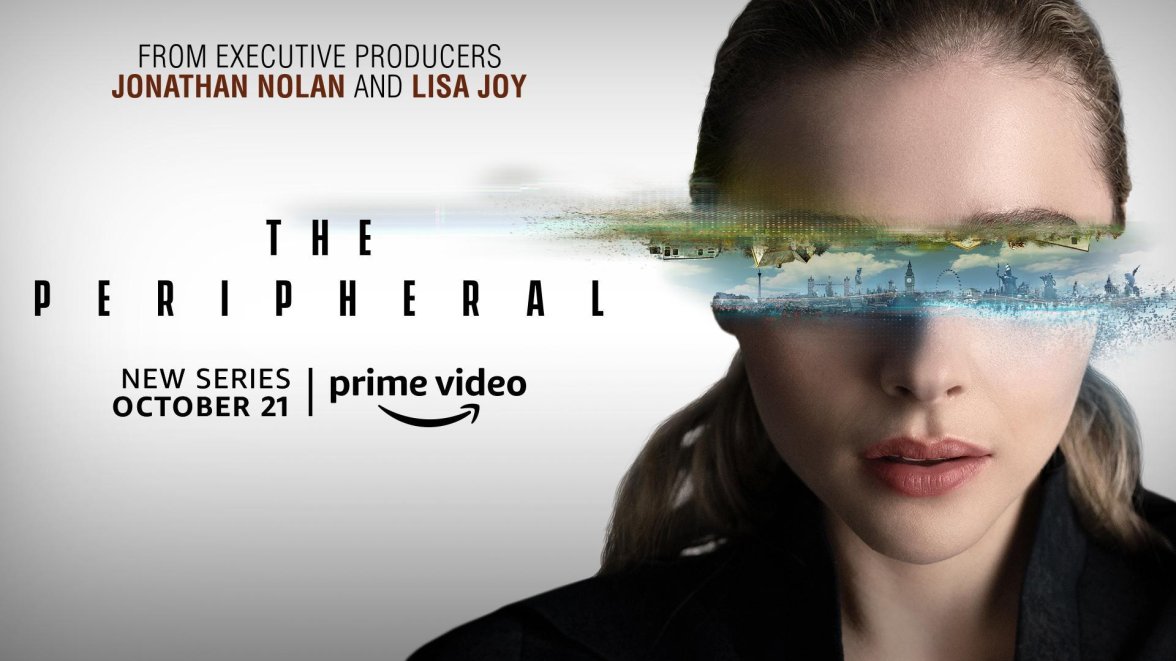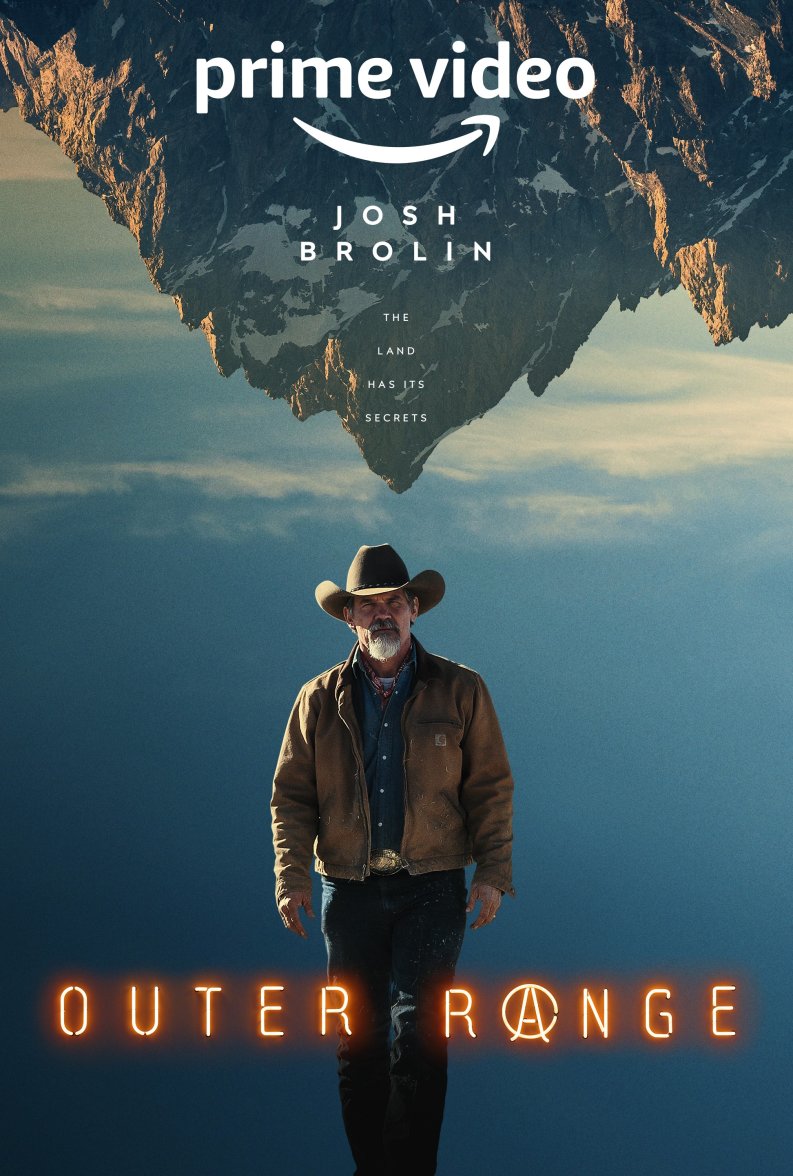ErichPryde
··Seamasters ForeverSlaughterhouse 5 is of course a classic, but I haven't re-read it in years- I should perhaps get on that. I haven't read Harry August. So it goes.
The Time Machine might have been one of my earliest read classic sci-fi books; I must have read it when I was 8 or 9.
But... speaking of books, two Poul Anderson classics must be named- both The High Crusade (which is really not time travel, but aliens being unfortunate enough to attempt to invade earth during one of the crusades and causing an alternate future) and Three Hearts, Three Lions (it can be argued that this is also not time travel so much as the narrator is perhaps hallucinating... or worse).
Oh, and the 1632 series- Eric Flint- I had a lot of fun reading those back in the- well in the early 2000s. and again... Connie Willis has written some pretty fantastic time-tracel stuff.
The Time Machine might have been one of my earliest read classic sci-fi books; I must have read it when I was 8 or 9.
But... speaking of books, two Poul Anderson classics must be named- both The High Crusade (which is really not time travel, but aliens being unfortunate enough to attempt to invade earth during one of the crusades and causing an alternate future) and Three Hearts, Three Lions (it can be argued that this is also not time travel so much as the narrator is perhaps hallucinating... or worse).
Oh, and the 1632 series- Eric Flint- I had a lot of fun reading those back in the- well in the early 2000s. and again... Connie Willis has written some pretty fantastic time-tracel stuff.
[Edit: Sorry, I am not a good reader of thread titles ... these are books! Well, Slaughterhouse-Five is also a movie, but I've never seen it.]
There are so many, this is a great topic. The classic is obviously The Time Machine, by H.G. Wells, but it's pretty dated by today's standards.
Let me mention Slaughterhouse-Five and The First Fifteen Lives of Harry August (which is actually a time-loop story). Summaries are below.
Slaughterhouse-Five by Kurt Vonnegut
(https://www.cliffsnotes.com/literature/s/slaughterhousefive/book-summary)
Slaughterhouse-Five is an account of Billy Pilgrim's capture and incarceration by the Germans during the last years of World War II, and scattered throughout the narrative are episodes from Billy's life both before and after the war, and from his travels to the planet Tralfamadore (Trawl-fahm-uh-door). Billy is able to move both forwards and backwards through his lifetime in an arbitrary cycle of events. Enduring the tedious life of a 1950s optometrist in Ilium, New York, he is the lover of a former pornographic movie star on the planet Tralfamadore and simultaneously an American prisoner of war (POW) in Nazi Germany.
The First Fifteen Lives of Harry August by Claire North
(https://en.wikipedia.org/wiki/The_First_Fifteen_Lives_of_Harry_August)
Harry August is born in the women's washroom of Berwick-upon-Tweed station in 1919, leads an unremarkable life, and dies in hospital in Newcastle-upon-Tyne in 1989. He then finds himself born again back in 1919 in the same circumstances, gaining the knowledge of his earlier life at an early age. He learns he is an Ouroboran or Kalachakra and is destined to be reborn again and again. He is not alone and is soon contacted by the Cronus Club, an organization of similarly affected members, who look after him in childhood in subsequent lives.
In later lives, Harry studies biology, chemistry, and physics. With knowledge from previous lives, he easily becomes a professor of physics at the University of Cambridge, where he meets an intelligent undergraduate student named Vincent Rankis. Vincent and Harry become friends as they talk about theoretical physics and the nature of time. Eventually, Harry and Vincent both realize the other is also an Ouroboran. Other members of the Cronus Club later inform Harry that the world is ending and that with each life Harry lives, the ending is becoming closer.
